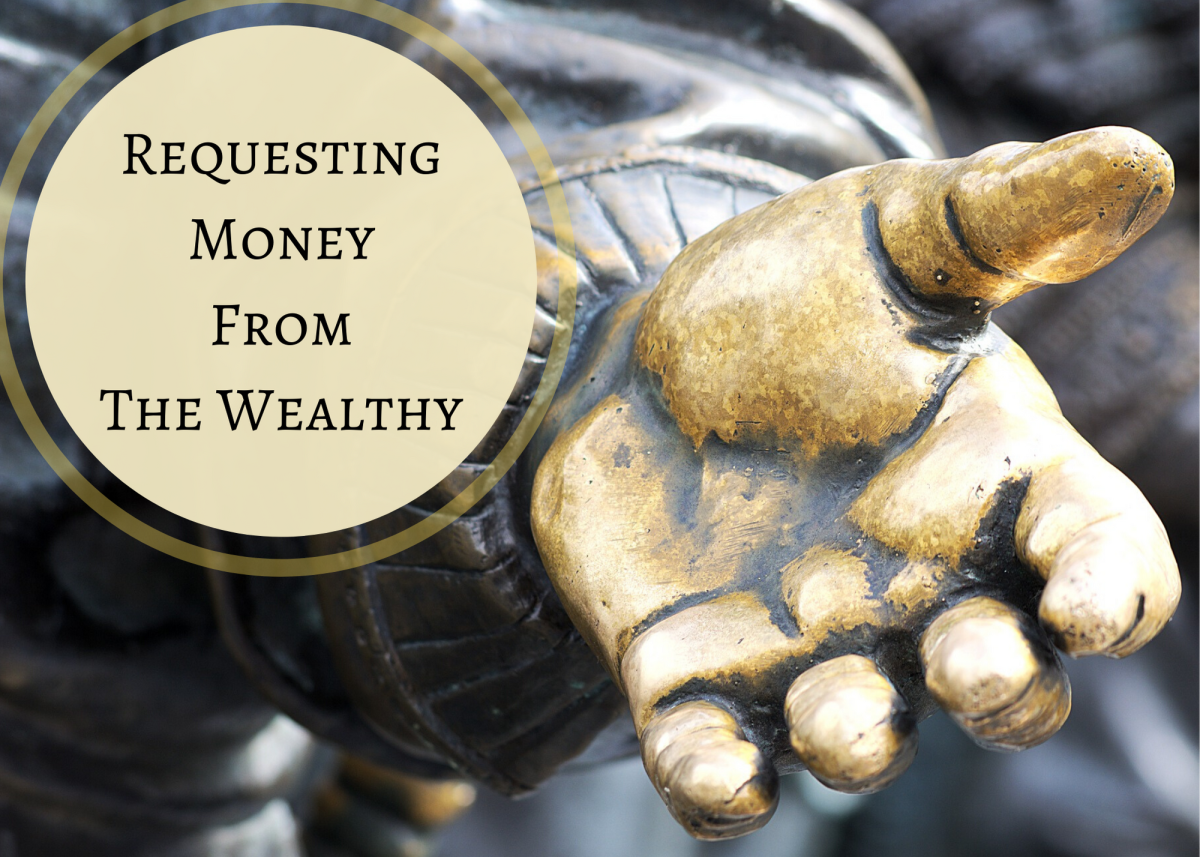The Believer's Struggle with Guilt Part 2 -- Overcoming It

True verses False Guilt
The first step in addressing guilt is to determine if the guilt is true guilt or false guilt. . True guilt is a natural consequence of sin. It is possible for the guilty to identify the specific action and someone who has been harmed or offended. The remedy for this is fairly straight forward. Repentance, turning away from the sin, comes first. This is followed by confession and a request for forgiveness. This happens through prayer and through a conversation with a specific person if such a person can be identified. Restitution may also be needed. Making things right for the person who was offended can spark relief in the heart of the guilty person.
False guilt is based upon our perceptions of failure. Those struggling with false guilt often report they did not meet a certain standard either imposed upon themselves or by family members and close friends. One way to combat this directly is by focusing on who we are and our personal characteristics instead of focusing on what we do. For example, instead of feeling guilty because a number of things on a to-do list were not accomplished, feel content because you are productive. When focusing on what I am instead of what I have done, a paradigm shift occurs. This gives little room for false guilt to grow.
Another way to counter false guilt is by examining the validity of expectations. Make of list of your expectations. Highlight any that use absolute terms such as never, always, and all, and every. These terms are often overused in modern English and are fairly clear indicators of unreasonable expectations. Also highlight any statement that you cannot find a role model of in your immediate circle. Sure, Martha Stewart may have wonderful craft ideas, but do people in your circle have the time, energy, and finances to pull off the same? If not, holding yourself to a Martha Stewart style standard is unrealistic. Finally, highlight any expectation that reflects a goal you tried hard to reach, but could not more than once. Once you have your highlighted list, prayerfully consider more realistic expectations and replace the highlighted expectations. If this process is a struggle, it can be also be accomplished by running goals and aspirations by a trusted friend, family member, teacher or coach.

Saying "No" and False Guilt
One form of false guilt is that guilt that follows a person refusing the request of another. People who struggle in this area feel they have to say “yes” to everyone and everything. For believers, this often stems from misunderstanding of teachings on generosity. Yes it is important to be giving. Giving is a crucial part of Christian living. It is an act of worship and a demonstration of faith. The person struggling with false guilt makes the assumption that if they do not give to everyone, all the time, they are somehow they have somehow fallen short. As a result, they volunteer to do things they do not want to do, find they do not have the time, energy, or resources for their own priorities or their family’s priorities, and are constantly unfulfilled.
The same Jesus who said, “Give to everyone who begs of you,” (Matthew 5:42) did not end world hunger, even though He had the power to do so. We know from the account of the feeding of the five thousand that Jesus could have begun the ultimate food stamp program, but He did not. He was focused on other priorities.
We can avoid this particular type of false guilt by learning to say, “I’ll get back to you,” and prayerfully determining whether the request is something that does not interfere with other priorities. This way, if we need to say “No” to a request it is because we are actually saying “Yes” to another priority. This gives less room for guilt to flourish.

What type of guilt do you believe trips up believers the most?
Manipulative False Guilt
Another specific form of false guilt is that which is used manipulate others. Here are a couple examples. A kindergarten student is becomes so overwhelmed with their guilt over spilling her milk that she is not able to help clean it up. A boss distraught about his failure to complete a report correctly assigns the next report to a subordinate. This is different from making someone else feel guilty. Manipulative false guilt involves getting others to pay the price for an offense.
The cure for this lies in taking responsibility for our own emotions and actions. This begins with careful and prayerful self-examination. When asking someone to assist with a task, ask, “Am I shirking my responsibilities because I don’t want to make a mistake or is this a genuine request for assistance that will help me to move forward in the future?”
When we recognize we are not perfect and mistakes should be expected, it can be easier to follow through with correcting our own mistakes. Kindergarteners spill stuff. It is normal. It is not good, but it is normal. Just as the child cleaning up their own mess is a part of growing and maturing, we need to handle our own mistakes in order to grow and mature.
Correcting a mistake may be hard work, but a feeling of relief or satisfaction may follow. The kindergarten student who cleans up her own mess can feel proud of the work she has done. Focusing on how one would feel after the hard work is done can assist in motivating one to do the hard work.
In this article, I have attempted to describe how believers can successfully handle guilt. I'm certain there are some other great ways to deal with this issue. I encourage comments – especially those describing other methods believers can take. In the third and final article in this series, we will examine four case studies highlighting overcoming guilt.








